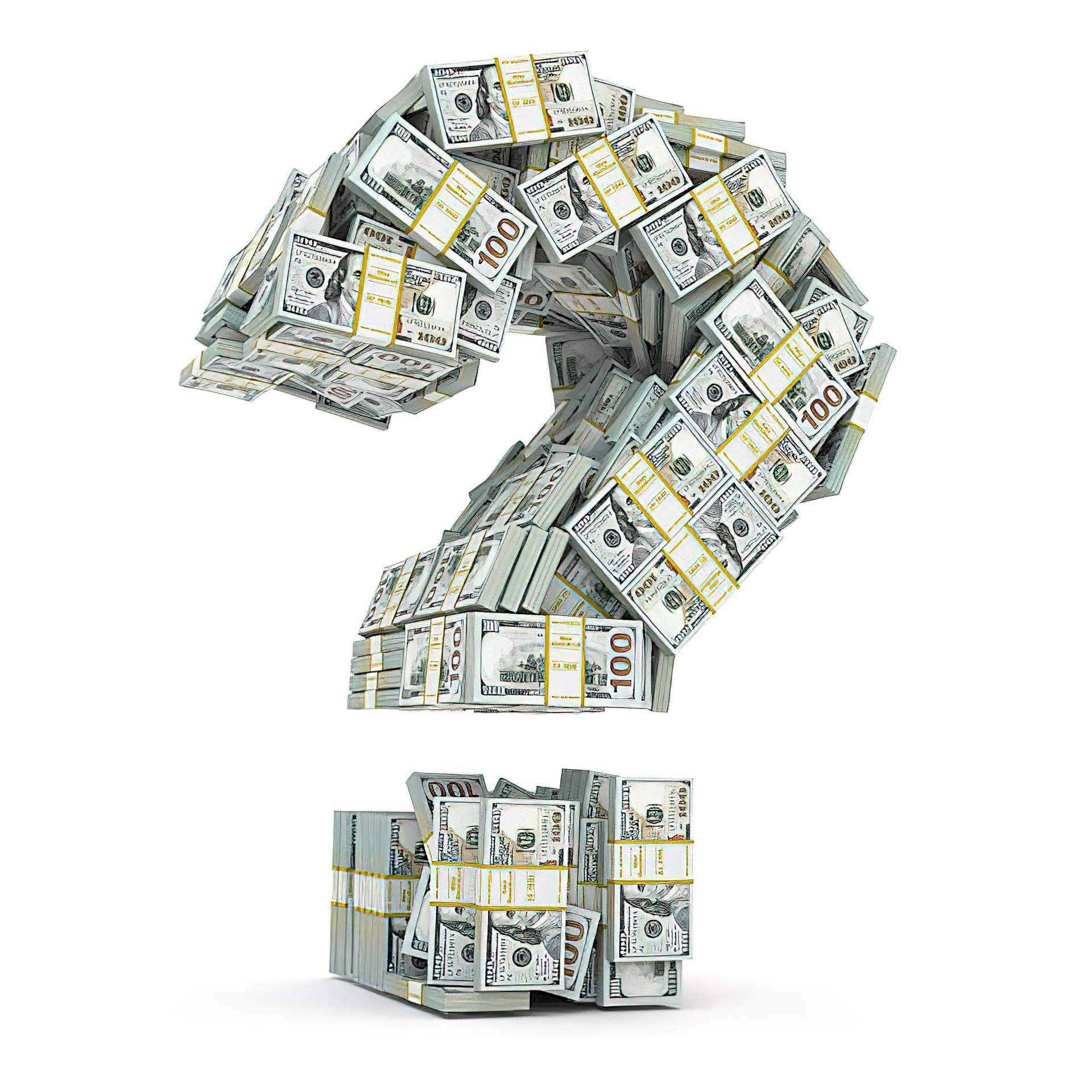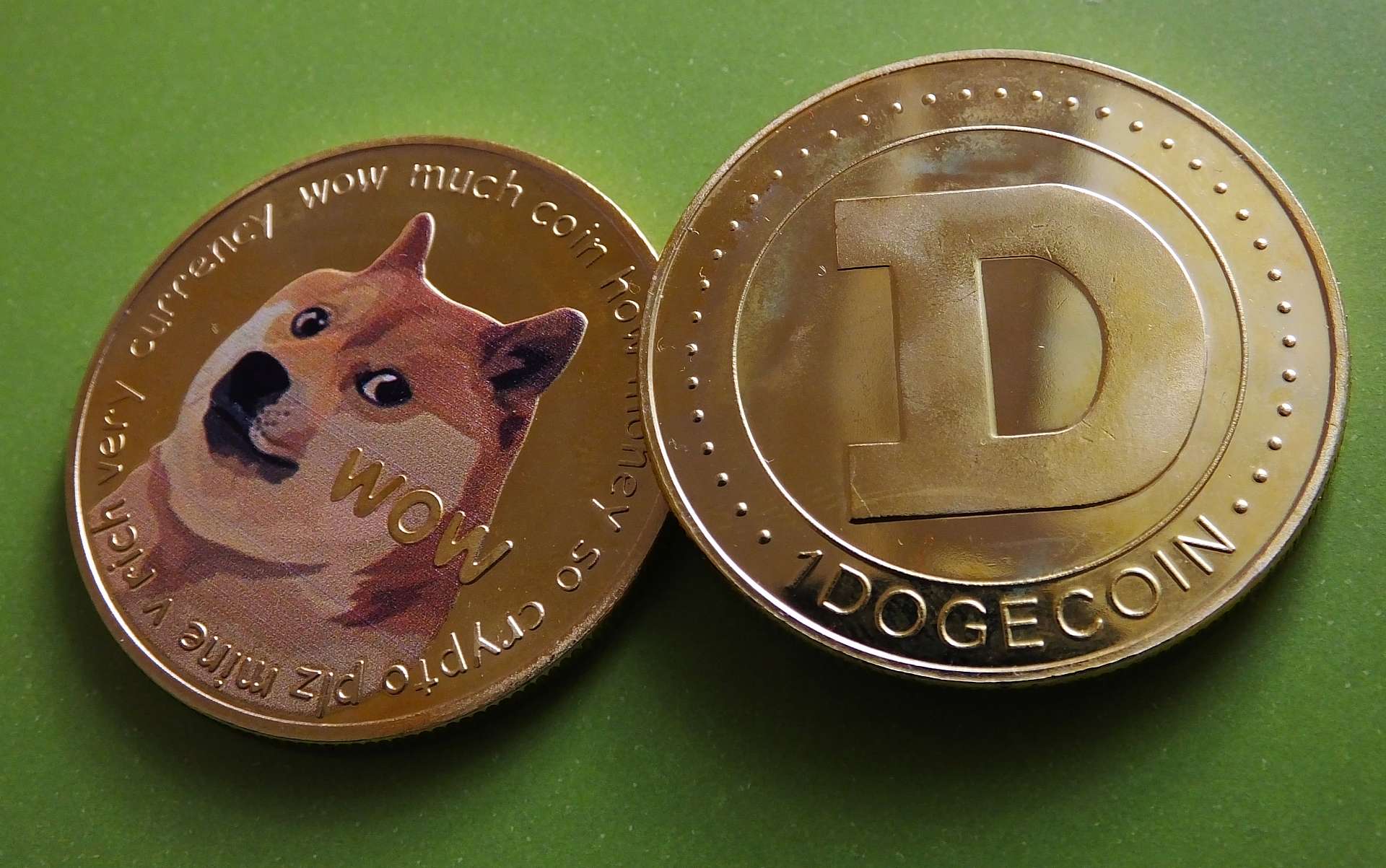Robinhood’s CEO Vlad Tenev thinks the Dogecoin can become the currency of the internet. The use of the meme coin has proved successful for Robinhood in the past, and it recently listed its competitor Shiba Inu for trading. However, Robinhood’s support for Doge doesn’t end here as the CEO and the co-founder of the company believes Dogecoin will have a long future as the currency of the internet.
Dogecoin becoming the currency of the internet
Vlad Tenev, the CEO and co-founder of the trading app Robinhood, recently stated on Twitter that he believes Dogecoin has a chance to become the currency of the internet in the future. The CEO mentioned a number of reasons why Dogecoin might be ideal, including that it has one of the lowest transaction fees and fastest transaction speeds in the industry. As a result, the meme coin has earned a reputation as an easy payment option.
But for a cryptocurrency with only 40 transactions per second (TPS), achieving this is rather difficult when rival payment systems can complete tens of thousands of TPS in the same period. According to Tenev, Dogecoin would need to be able to compete with giants like Visa, which offers a current TPS of 65,000. To match its rival Doge needs to increase its performance by a thousand fold.

The increased hardware demand that it would take to reach this level would be a fair tradeoff as per the Robinhood CEO. Users may not be able to run a node on their Raspberry Pi in their homes, but Visa does not require the consumers to have physical hardware to conduct transactions either.
Why Dogecoin is a better contender for the currency of the internet?
The limitless supply of Dogecoin may sometimes hinder the cryptocurrency’s long-term success, but the Robinhood CEO appears to disagree with this. “First, to be a currency, there must be enough supply available, and because Doge has an infinite supply, it can become one” he says.
Related: Ethereum co-founder Buterin and Tesla’s Elon Musks are also supporting Dogecoin
Tenev also added that, due to the finite production of Dogecoin, with around 5 billion new coins generated every year, the inflationary effects of the digital asset would be manageable. And since its generation is expected to decline over time, this could be under 2% in the next couple of decades, thus making it an even better choice than the dollar.
The CEO left some advice for Dogecoin core developers: “I would focus on one thing: coming up with a good process for increasing the block size limit over time. Let me know what you all think!”





